Training is often seen as something formal, confined to classrooms, corporate meeting rooms, or HR-led sessions. But the truth is, training is everywhere, embedded in every industry and woven into the fabric of our daily lives. It’s in every latte a barista crafts, every machine a technician operates, and every interaction a customer service representative handles.
Yet, we overlook it. The transformative power of professional facilitators and structured learning often hides in plain sight. Let’s explore why training matters more than ever and why the need for skilled facilitators will never fade.
Training in Everyday Moments
Consider this:
- Retail: A store associate perfects customer service techniques to deliver a seamless shopping experience.
- Healthcare: Nurses adapt to a new electronic medical records system, balancing efficiency and patient care.
- Technology: Developers onboarded to use cutting-edge tools, ensuring innovation doesn’t falter.
- Community Programs: Volunteers learn processes for distributing disaster relief supplies to impacted families.
These are just a few examples. Training transcends industries and moments. It powers progress, ensures safety, and enables change.
The Facilitator’s Role: Why Professionals Are Indispensable
But why do we need professional facilitators? Couldn’t a manual or a quick online tutorial suffice?
Here’s the “ah-ha” moment: training isn’t just about passing along information—it’s about engagement, retention, and application.
- Facilitators inspire: They bring complex concepts to life, translating jargon into actionable steps.
- Facilitators adapt: They tailor sessions to diverse learner needs, whether visual, auditory, or kinesthetic.
- Facilitators connect: They foster an environment where participants feel valued, engaged, and eager to learn.
A well-trained barista doesn’t just make coffee—they build relationships with customers. A properly onboarded nurse doesn’t just input data—they save lives. The role of the facilitator is vital in creating these connections.
Training in Surprising Places
Training shows up in unexpected ways, often shaping experiences we take for granted:
- The Kitchen: A chef mentoring their team on new recipes.
- The Theater: Directors coaching actors to embody their characters authentically.
- The Gym: Personal trainers guiding clients toward strength and resilience.
Once you start noticing, the examples multiply. Training is everywhere—subtle, omnipresent, and essential.
A Timeless Need for Skilled Facilitators
Industries evolve, technologies advance, and workplaces transform. But the need for effective training remains constant. As automation and AI reshape industries, facilitators will be the bridge between human potential and technological innovation.
So, whether it’s empowering a team to adapt to change or helping individuals realize their potential, professional facilitators aren’t just nice to have—they’re a necessity.
The Call to Action
It’s time to recognize the unsung heroes of progress: facilitators and trainers. They are the architects of learning experiences that drive success across industries. The next time you enjoy a well-made latte or witness a life saved in an emergency, take a moment to appreciate the training that made it possible.
Are you ready to explore how facilitation can make a difference in your organization or career? Let’s connect and uncover the opportunities together.










